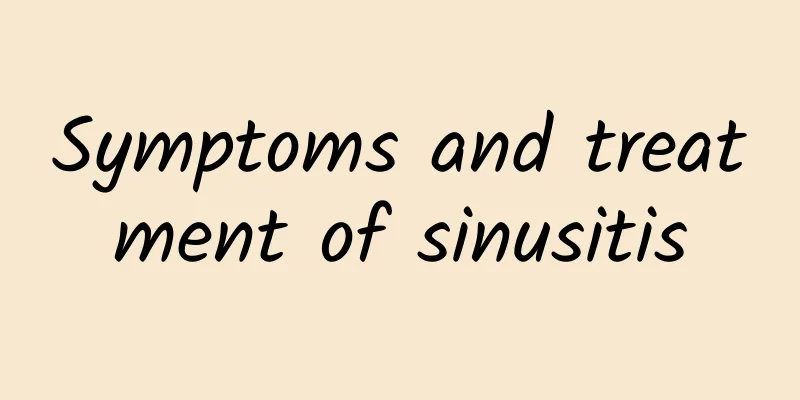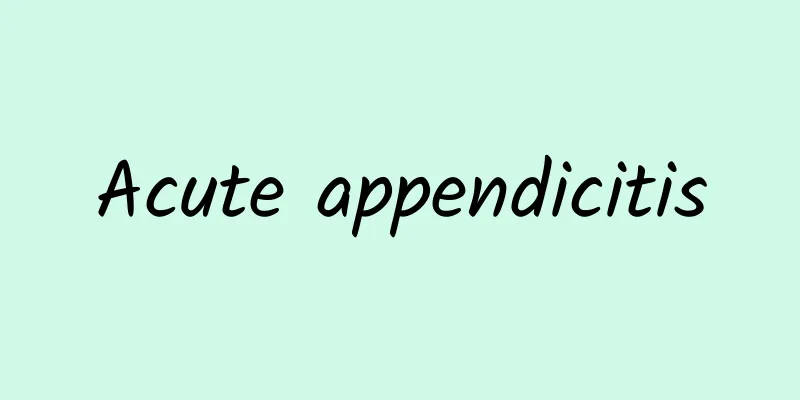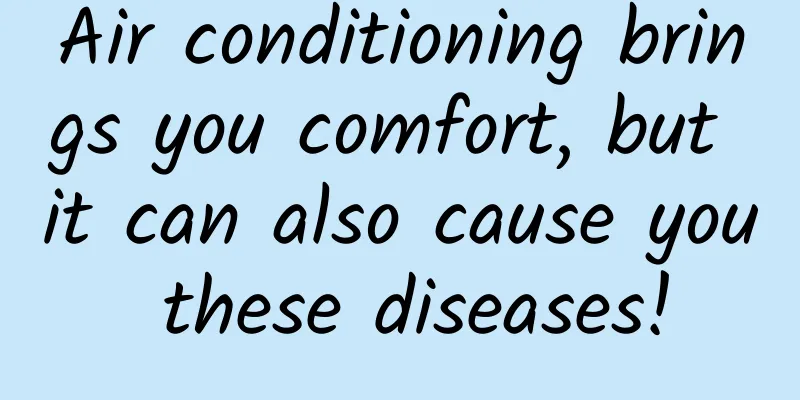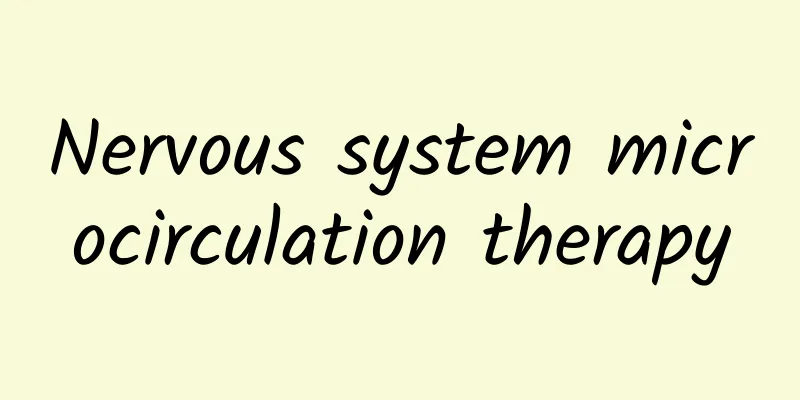Symptoms and treatment of sinusitis

|
Sinusitis is a relatively common rhinitis disease, which is divided into acute sinusitis and chronic sinusitis. When the disease occurs, there will be nasal congestion, a lot of nasal mucus and pus, and accompanied by symptoms such as headache and sore throat. Some patients have a long course of illness during the illness, and there is always mucus in the nose, which is quite uncomfortable. However, you must not pick your nose hard with your hands, as this may easily tear the nasal cavity and cause other infections. There are many causes of sinusitis, such as hard work, a damp and cold environment, a weak body, malnutrition or vitamin deficiency, and some nasal diseases are also more likely to cause sinusitis, as well as other inflammatory causes, etc. Therefore, we must develop good living habits in our daily lives and improve our immunity to control the onset of sinusitis. symptom 1. Nasal congestion The severity varies, and is mostly caused by congestion and swelling of the nasal mucosa and increased secretions. Nasal congestion can often cause temporary olfactory impairment. 2. Excessive purulent discharge The nasal discharge is mostly purulent or mucopurulent. When blown clean, the purulent discharge may contain a small amount of blood. People infected with anaerobic bacteria or E. coli have foul-smelling purulent mucus. Purulent mucus may flow into the pharynx and larynx, irritating the local mucous membrane and causing itching, nausea, coughing and sputum. 3. Headache Chronic purulent sinusitis usually presents with obvious local pain or headache. 4. Others Due to the flow of purulent mucus into the pharynx and long-term mouth breathing, it is often accompanied by symptoms of chronic pharyngitis, such as excessive sputum, foreign body sensation or sore throat. If the Eustachian tube is affected, symptoms such as tinnitus and deafness may also occur. treat Eradicate the cause, relieve nasal and sinus drainage and synchronous obstructions, control infection and prevent complications. 1. Acute suppurative sinusitis (1) Adequate doses of antibiotics or sulfonamides to control the infection and prevent it from becoming chronic and causing complications. If the pathogen is clear, sensitive antibiotics should be selected. If the pathogen is not clear, broad-spectrum antibiotics can be used. Patients with confirmed anaerobic infection should be treated with tinidazole or metronidazole simultaneously. (2) Local treatment: decongestant 1% ephedrine saline nasal drops. (3) Sedative analgesics are used for those with severe headaches. (4) Use a syringe or a special nasal irrigator to irrigate the nasal cavity. 2. Chronic suppurative sinusitis (1) Local treatment is the main method. Vasoconstrictor nasal drops can be used. Commonly used ones include 1% ephedrine saline solution and nasal drops. Dexamethasone, betamethasone, etc. can be added to the nasal drops. It should be noted that nasal drops should not be used for a long time to avoid drug-induced rhinitis. (2) Maxillary sinus puncture and irrigation. (3) Nasal surgery. (4) Sinus surgery. prevention 1. You should pay attention to regular exercise to improve your physical fitness. 2. Wash your face with cold water every morning to enhance the adaptability and disease resistance of the nasal mucosa. 3. Pay attention to improving living and working environment and reducing environmental pollution. 4. Prevent the onset of acute rhinitis, pay attention to climate changes, and add or remove clothes in time. 5. To prevent the formation of sinusitis, use the correct method of blowing your nose. Do not force or blow your nose incorrectly to avoid causing acute or chronic sinusitis. 6. Do not pick your nose with your hands to avoid causing inflammation such as nasal carbuncle. 7. Always keep a happy mood, be physically and mentally healthy, and reduce the occurrence of various diseases. 8. Keep bowel movements smooth. 9. It is not advisable to use nasal drops with vasoconstriction effect for a long time, such as ephedrine, nasal drops, etc. Everyone knows the symptoms and treatments of sinusitis. If you are suffering from sinusitis, you must pay more attention to your diet, eat more light foods, avoid spicy foods, and try to exercise properly to improve your immunity. This will effectively control the onset and recurrence of sinusitis. |
>>: How to treat allergic rhinitis
Recommend
What causes skin cysts?
Skin cysts are subcutaneous cysts that can occur ...
What is the function of an animal's tongue?
As we all know, the human mouth has the function ...
What causes nausea due to hunger?
People need to eat three meals a day, because thr...
What are the symptoms of damp heat?
Damp-heat is a common term in traditional Chinese...
Mycoplasma culture uu positive
Mycoplasma culture uu positive generally refers t...
Symptoms of broad bean poisoning
When it comes to broad bean poisoning, I think mo...
Causes of general weakness and limb weakness
If you feel weak all over and your limbs are powe...
What are the signs of osteoporosis? 5 symptoms of osteoporosis
Generally speaking, people with low immunity are ...
Can I have liposuction on my belly?
Liposuction can be performed on the abdomen, and ...
Does eczema affect pregnancy?
Under normal circumstances, eczema will not affec...
Why do I get acne on my back and chest?
Acne on the chest and back, also known as blackhe...
What causes eczema in adults?
Everyone should know that eczema is the most comm...
Dietary precautions after cholecystectomy
After cholecystectomy, you must pay attention to ...
What are the symptoms of childhood epilepsy?
Epilepsy in children is a relatively common disea...
Why do I have chest pain?
Chest pain is quite common in life, and there are...









